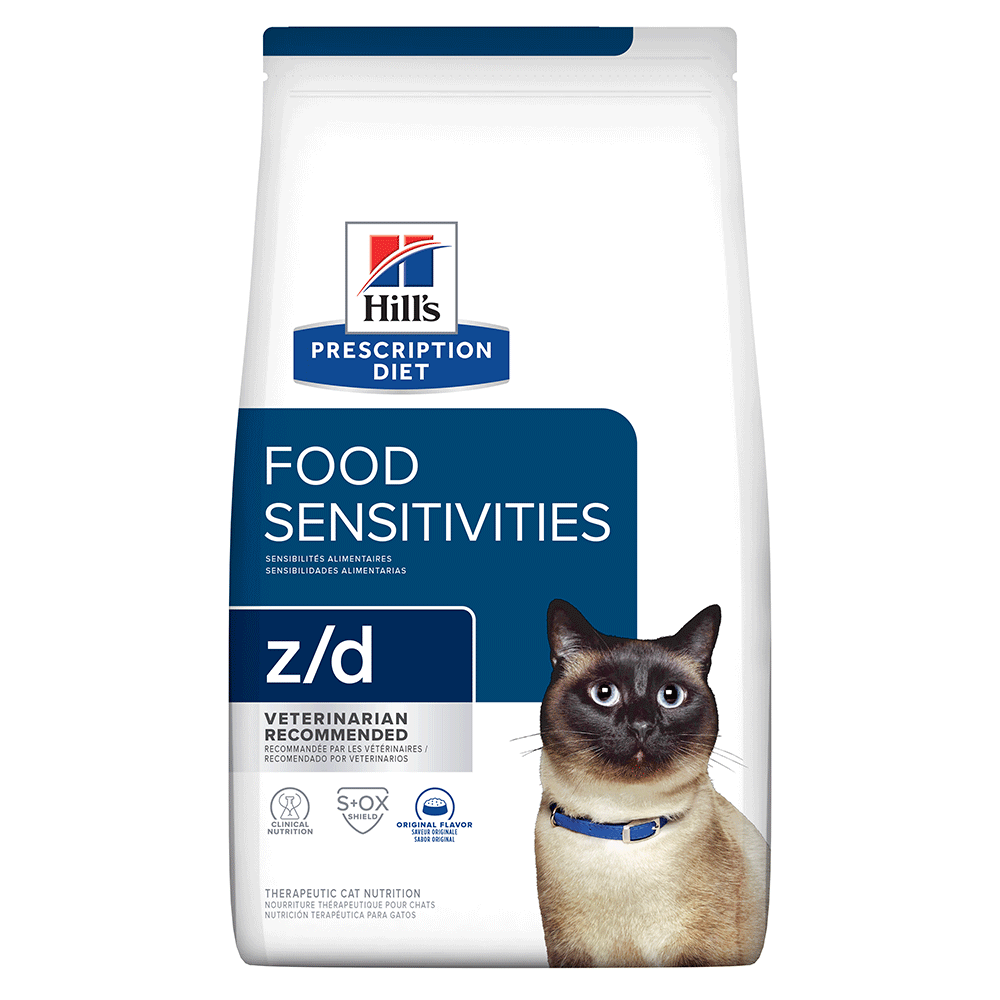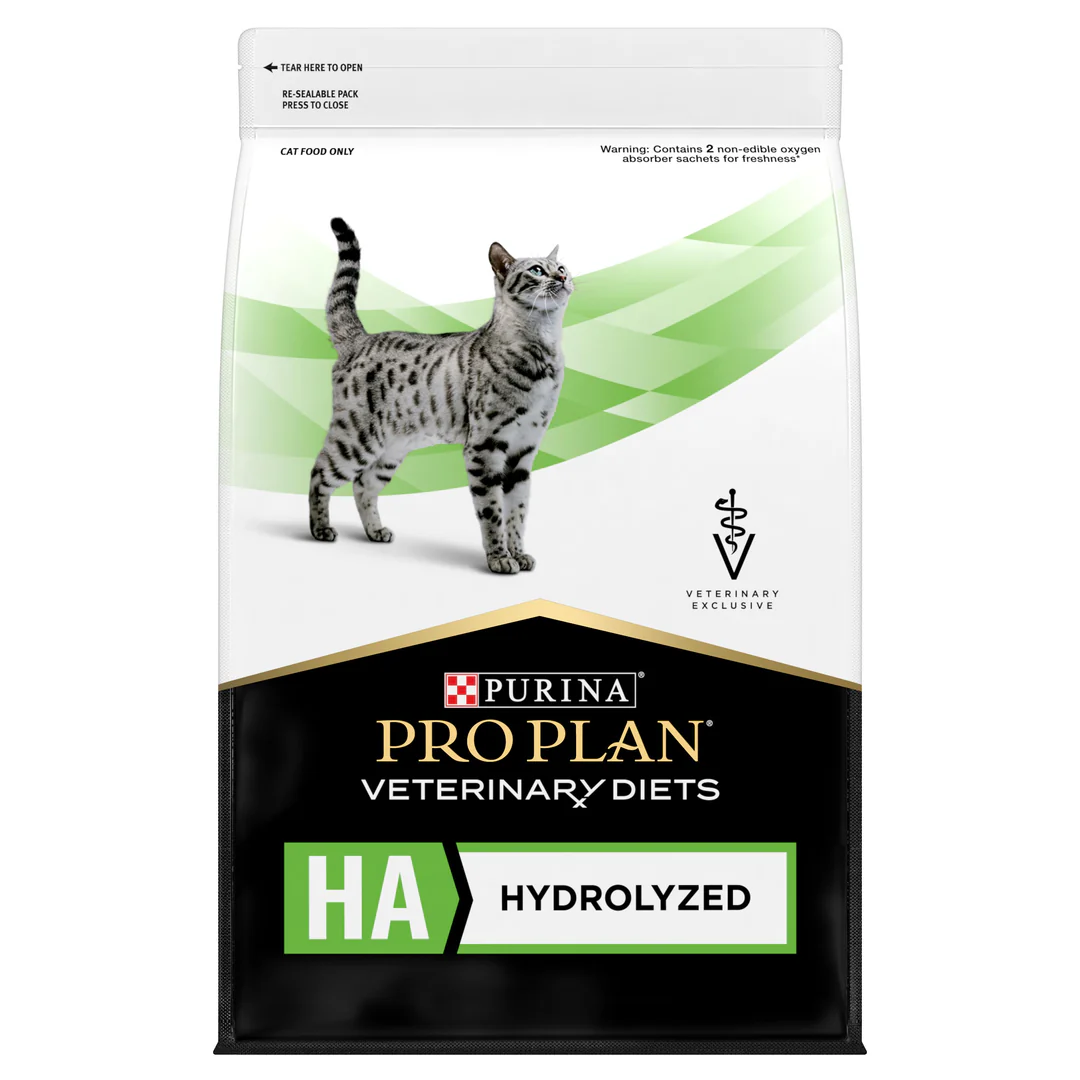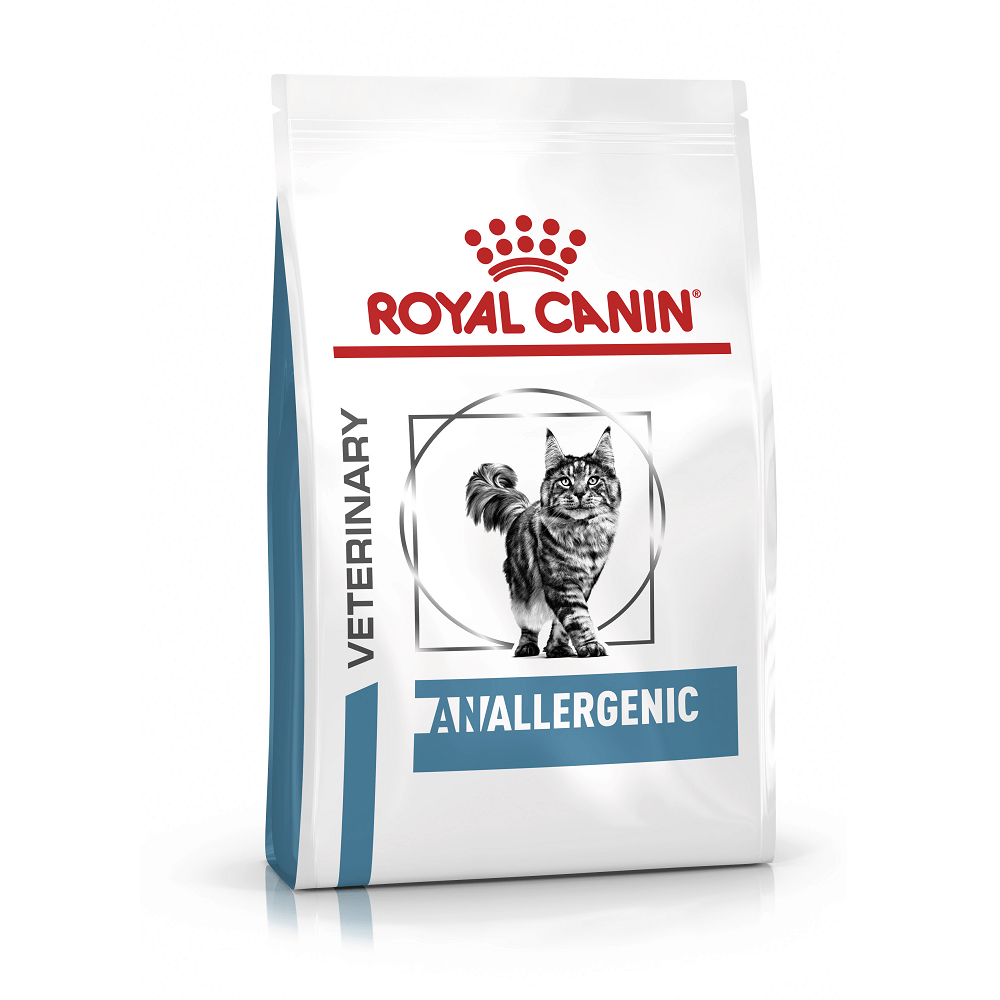Feline Inflammatory Bowel Disease (IBD) vs. Low-Grade Intestinal Lymphoma: Understanding the Difference
- Carolyn O'Brien
- Sep 24, 2024
- 4 min read
Inflammatory Bowel Disease (IBD) and low-grade intestinal lymphoma are two common gastrointestinal conditions in cats that can cause similar symptoms but require different treatments. Understanding these conditions can help cat owners better recognise the signs and work with their veterinarians for the best care.
What Is Feline Inflammatory Bowel Disease (IBD)?
IBD is a chronic condition where a cat’s intestines become inflamed due to an abnormal immune response. This inflammation can affect different parts of the gastrointestinal tract, such as the stomach, small intestine, or colon. While the exact cause of IBD isn't fully understood, it's thought to be linked to several factors, including food allergies, bacteria, or an overactive immune system.
Common Symptoms of IBD:
Chronic vomiting
Diarrhoea (can be intermittent or persistent)
Weight loss (despite a normal or increased appetite)
Changes in appetite (some cats may become picky, while others might eat more)
Lethargy or reduced energy
These symptoms can develop gradually, making it tricky to detect IBD early. Often, cat owners may assume their pet is just getting older or having occasional digestive issues, but persistent symptoms should not be ignored.
What Is Low-Grade Intestinal Lymphoma in Cats?
Low-grade intestinal lymphoma, also known as small-cell lymphoma, is a type of cancer that affects the white blood cells (lymphocytes) in the intestines. It’s considered "low-grade" because it tends to progress more slowly than high-grade lymphoma. This form of lymphoma is often difficult to distinguish from IBD because the clinical signs and affected areas of the intestine are very similar.
The symptoms of low-grade intestinal lymphoma symptoms align almost entirely with those of IBD, which is why it can be challenging to determine the underlying cause without further diagnostic tests.
How Are IBD and Low-Grade Intestinal Lymphoma Diagnosed?
Since the symptoms of IBD and intestinal lymphoma are so similar, diagnosing the correct condition requires a thorough process.
We typically start with a physical exam and history, followed by a series of tests:
Blood tests: These help rule out other causes of the symptoms, like liver or kidney disease. However, blood tests alone usually aren’t enough to confirm IBD or lymphoma.
Faecal Testing: To rule out parasites or infections that might cause vomiting or diarrhea.
Ultrasound: An abdominal ultrasound can help veterinarians get a better picture of the intestines. In IBD, the intestines may appear thickened, while lymphoma may show specific patterns of thickening or enlarged lymph nodes. However, ultrasound alone cannot definitively diagnose either condition.
Biopsy: A biopsy, either through endoscopy or surgery, is often the best way to differentiate between IBD and lymphoma. A biopsy allows a pathologist to examine a sample of the intestinal tissue under a microscope, which can show whether the inflammation is due to IBD or cancerous lymphoma cells. Unfortunately, the results can sometimes still be inconclusive because inflammation and cancer cells can look very similar.


Treatment Approaches for IBD
The treatment of IBD focuses on managing the inflammation and controlling symptoms.
The exact approach depends on the severity of the condition and the suspected cause:
Dietary Changes: Since food allergies or sensitivities can trigger or worsen IBD, many cats benefit from a special diet. This might include hypoallergenic or novel protein diets to reduce inflammation.
Steroids (Corticosteroids): Medications like prednisolone are often used to reduce inflammation in the intestines. This is one of the most common treatments for IBD and can be very effective in managing symptoms.
Immunosuppressive Drugs: In cases where steroids alone aren’t enough, medications that suppress the immune system, such as chlorambucil or cyclosporine, may be added to the treatment plan.
Probiotics and Supplements: Some cats may benefit from supplements like probiotics, omega-3 fatty acids, or other anti-inflammatory nutrients, though these are usually used alongside medications, not as a sole treatment.
Treatment Approaches for Low-Grade Intestinal Lymphoma
Low-grade intestinal lymphoma is generally treated with chemotherapy, though the treatment is not as aggressive as it might be for high-grade lymphoma.
Prednisolone: Just like with IBD, steroids are used to reduce inflammation and help manage symptoms in lymphoma cases.
Chlorambucil: This is an oral chemotherapy drug that is often used in combination with prednisolone to control the cancer and reduce inflammation. Cats generally tolerate this form of chemotherapy well, with minimal side effects.
Other chemotherapy drugs such as cyclophosphamide or lomustine may be utilised. These require more intensive blood test montioring than chlorambucil to check for immunosupproession.
Dietary Management: While chemotherapy is the primary treatment for lymphoma, some cats may also benefit from dietary changes similar to those used in IBD management.
Prognosis for Cats with IBD vs. Low-Grade Intestinal Lymphoma
The prognosis for cats with IBD can vary depending on how well they respond to treatment. With proper management, many cats live long, happy lives despite having IBD. However, it’s important to recognise that this is a chronic condition, meaning cats will likely need ongoing treatment and regular veterinary check-ups.
Low-grade intestinal lymphoma also has a fair prognosis when caught early and treated appropriately. Cats with this type of lymphoma often respond well to chemotherapy, and many go into remission for months or even years. However, as with IBD, regular monitoring and long-term treatment are usually required.
Key Differences Between IBD and Low-Grade Intestinal Lymphoma
Cause: IBD is an immune-mediated inflammation of the intestines, while low-grade intestinal lymphoma is a type of cancer affecting the lymphocytes.
Treatment: IBD is managed with diet, steroids, and sometimes immunosuppressive drugs, while low-grade lymphoma is primarily treated with chemotherapy and steroids.
Prognosis: Both conditions can be managed long-term, but lymphoma is a form of cancer and may eventually progress, even with treatment.
Final Thoughts
Feline IBD and low-grade intestinal lymphoma are challenging to differentiate but require different approaches to treatment. If your cat is experiencing any persistent digestive issues, it’s essential to make an appointment. Early diagnosis and treatment are key to improving your cat’s quality of life and keeping them happy and healthy for as long as possible.





